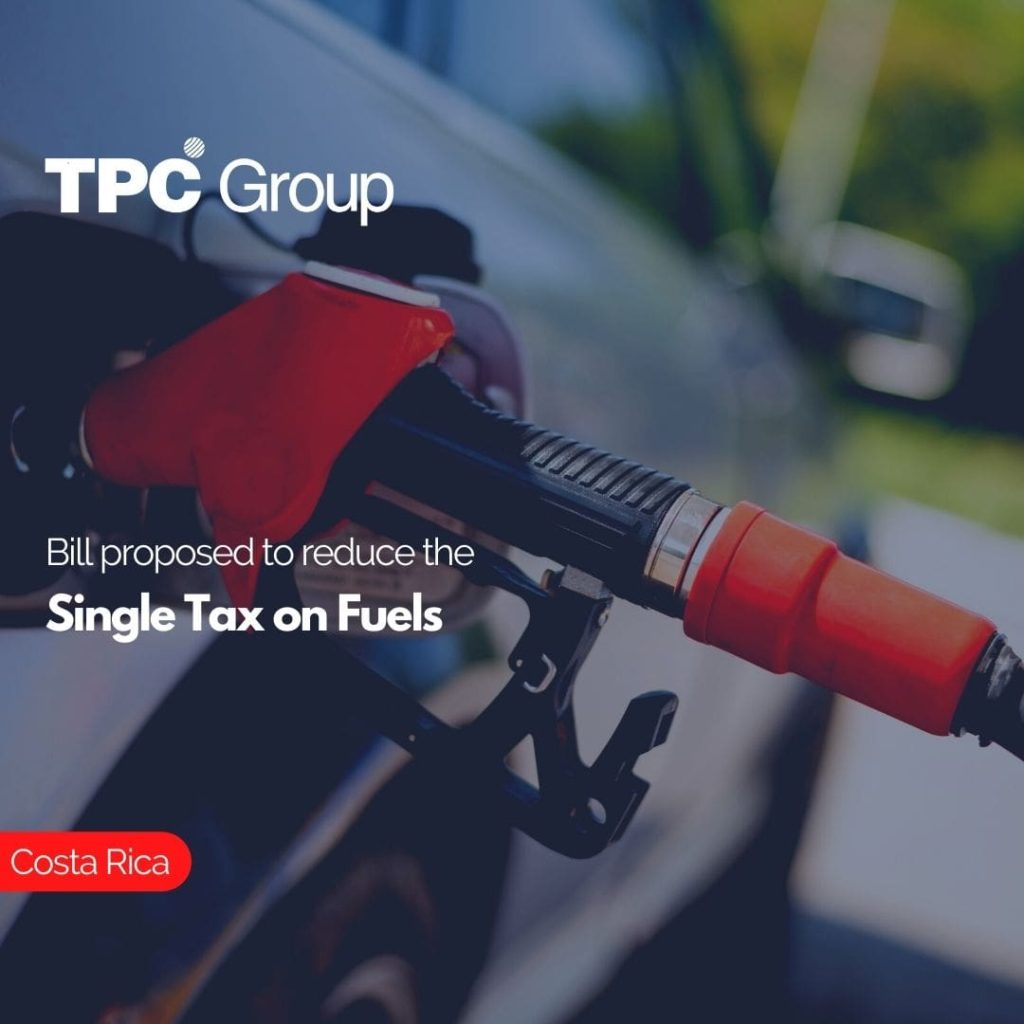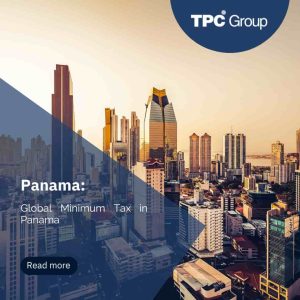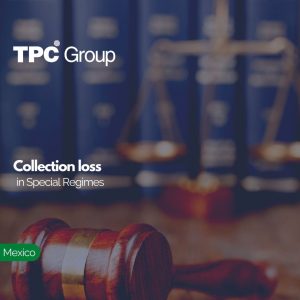Through this Bill, the Legislative Assembly of the Republic of Costa Rica proposes to reduce the Single Fuel Tax to grant partial protection of the economic balance in the public transportation activity.
1. Background
It is well known that there was an alarming decrease in the mobility of people in public transportation modes, buses, and cabs, due to the coronavirus pandemic and the sanitary measures dictated by public authorities.
According to the “Survey on the Degree of Satisfaction of Users of Public Services Regulated by ARESEP” conducted during 2020, there were significant drops in the use of bus transportation (62%), formal cabs (47%), and reasons for not using this service according to those interviewed were that they had their own vehicle (42%), did not leave their home (41.2%), because of insecurity (8.8%) or lack of comfort (6.1%). Additionally, concrete measures have been implemented by the official bodies of the health and education sectors and the governing body of the service, which have had a direct impact on the reduction of passenger mobility”.
On the other hand, there has also been an increase in the increase of fuel prices. The main element affecting the increase in fuel prices is the single tax created by the Tax Simplification and Efficiency Law, Law No. 8114 of July 9, 2001. Currently, this tax represents 37.7% of the final price for super gasoline, 36.9% for regular gasoline, and 26.1% for diesel.
The tax must be analyzed together with other factors that economically affect the operators of paid transportation services, the decrease of about 50% in income due to the decrease in passenger mobilization, the constant increases in the price of fuel, the reductions in the rates for the provision of the service, the inaction of the authorities to re-establish the financial balance caused by the pandemic.
The present project seeks the temporary reduction of 100% of the single fuel tax, only applicable to public transportation services through buses and cabs. It would not benefit all fuel consumers.
This temporary reduction would have an impact on the collection of the tax, but it is incomparable with the losses already suffered by the public transportation sector in the bus and cab modalities and the risk of collapse of the continuity of the service.
Finally, the impact on the recipients of the resources generated by the tax must be weighed against the serious economic crisis and the financial imbalance suffered by public transport operators. It is a minimal and transitory impact. In addition, it is reiterated that the reduction would only apply to public bus and cab transport services, which represent a minimum percentage concerning the totality of consumers.
2. Proposal
“For a term of twenty-four months, counted as of the publication of this law, a reduction of one hundred percent (100%) in the rate of the single tax on fuels is established in favor of the operators of remunerated transportation of persons in the modalities of buses and cabs to compensate the economic and financial limitations in public transportation within the framework of the attention to the pandemic due to covid-19 as well as to contribute to the reactivation of the economy.
This reduction shall not apply to the proportion that is destined to comply with the transfers indicated in Article 5 of the Tax Simplification and Efficiency Law.”
Source: La Gaceta 17/09/21




